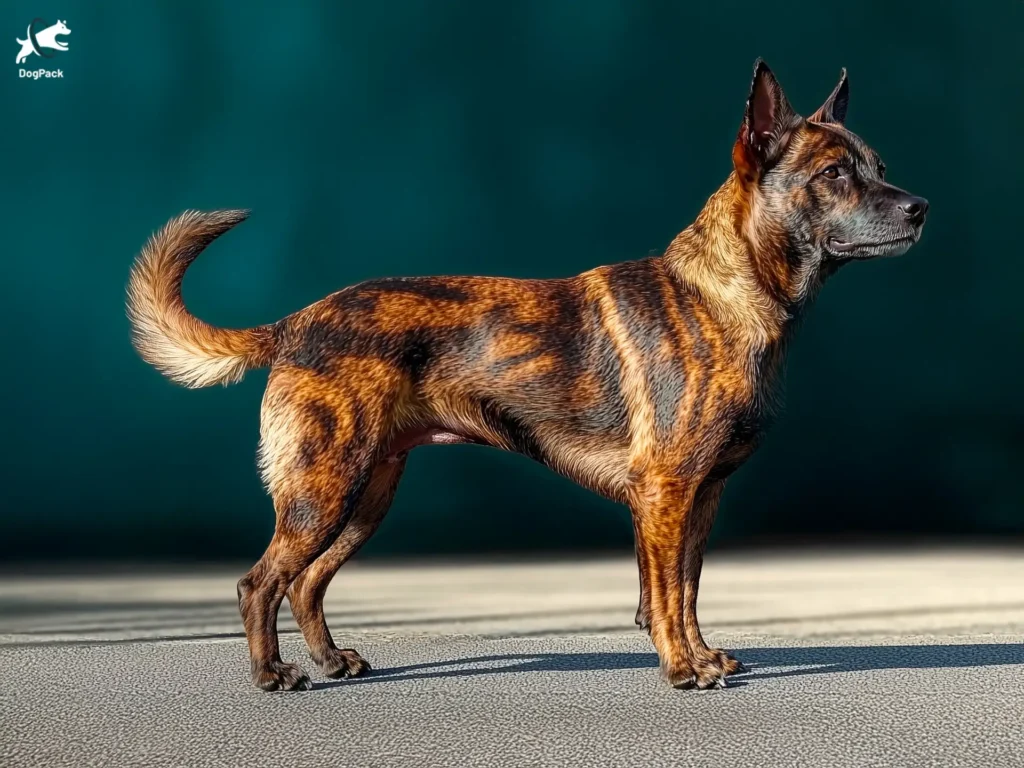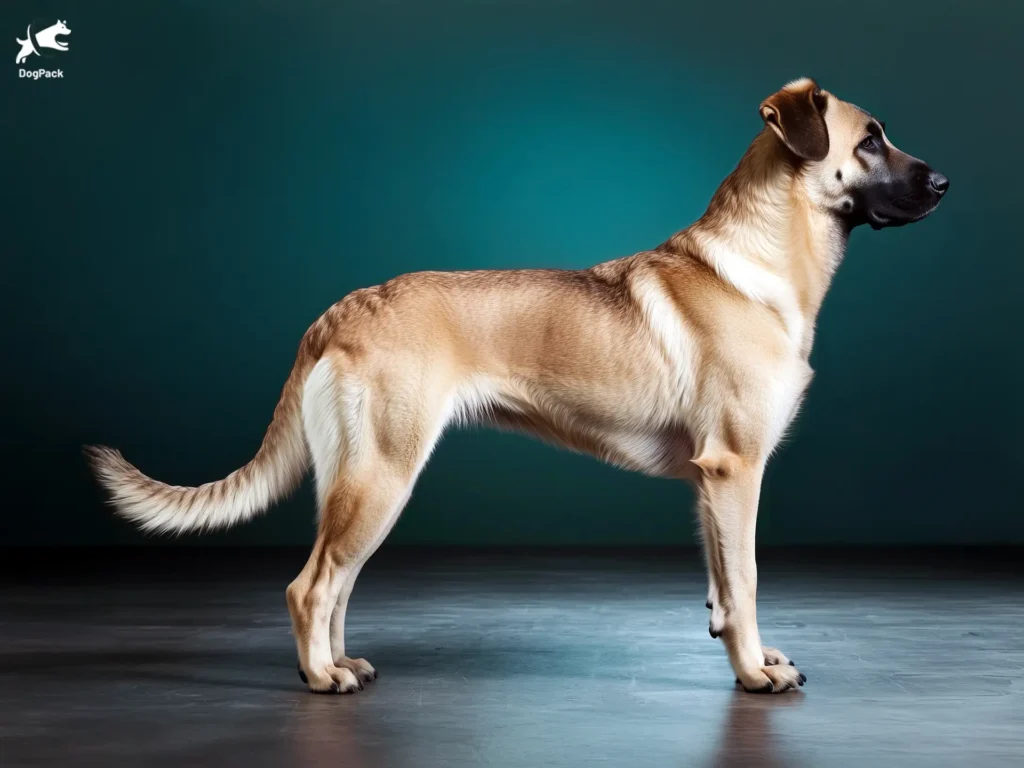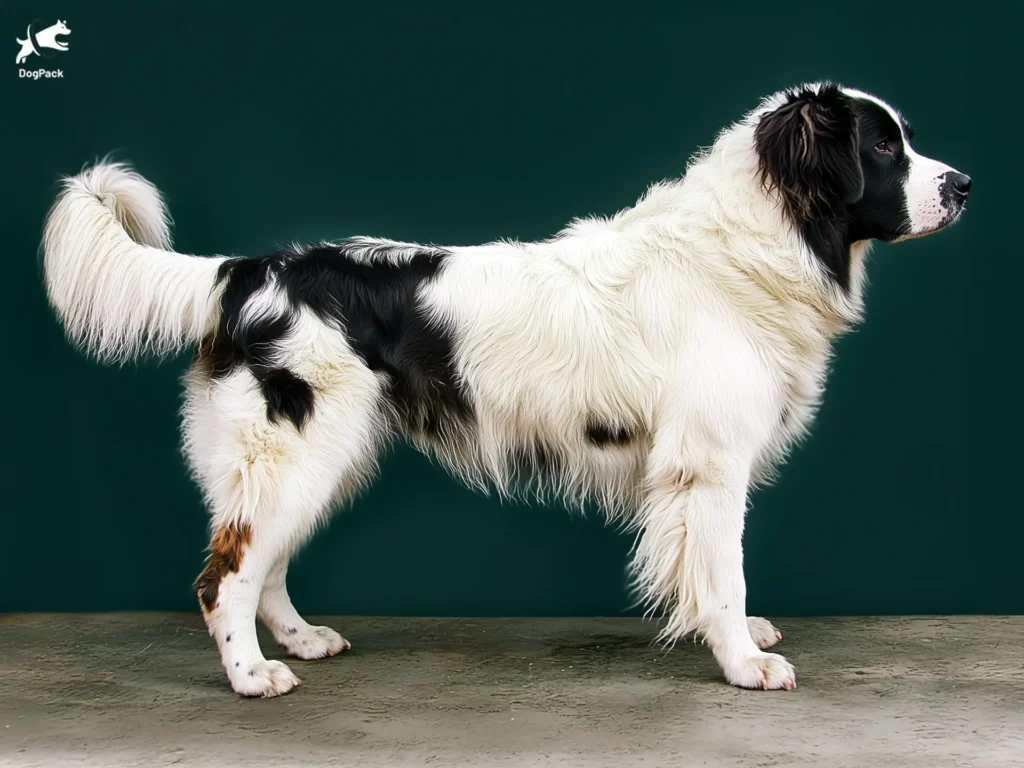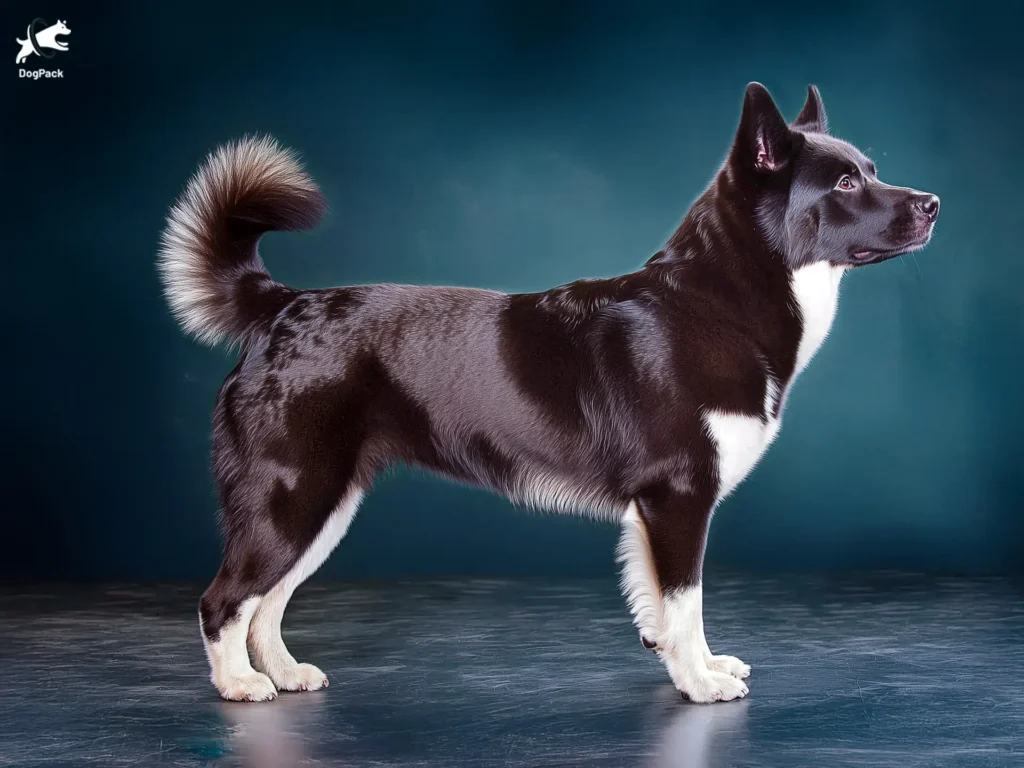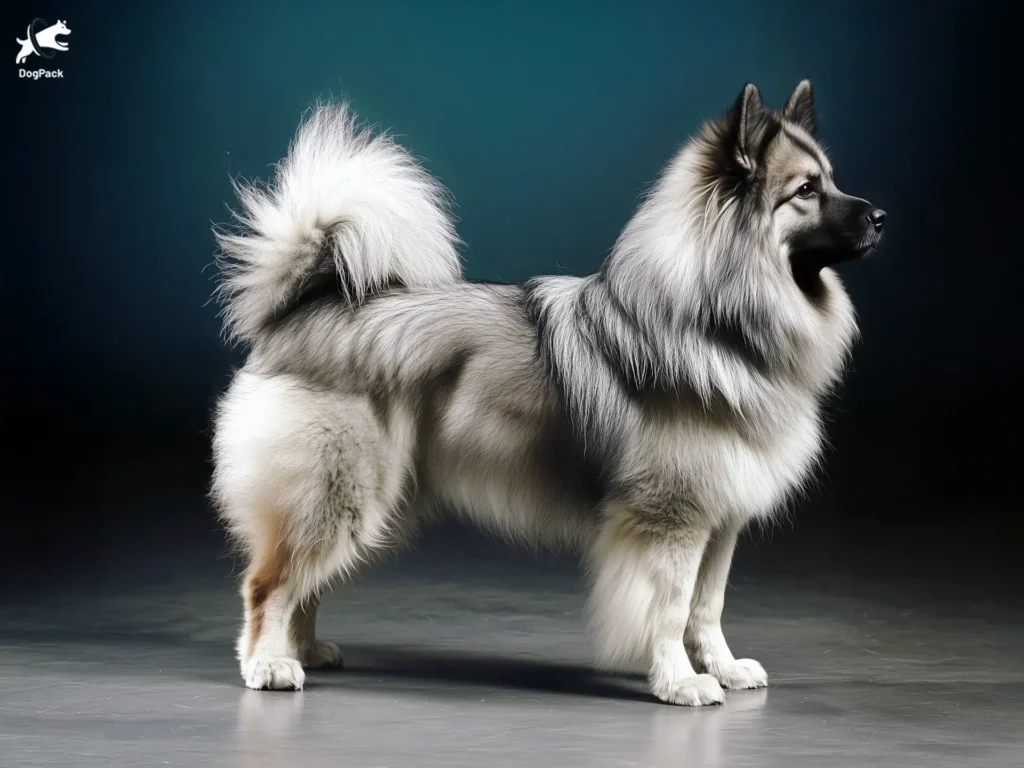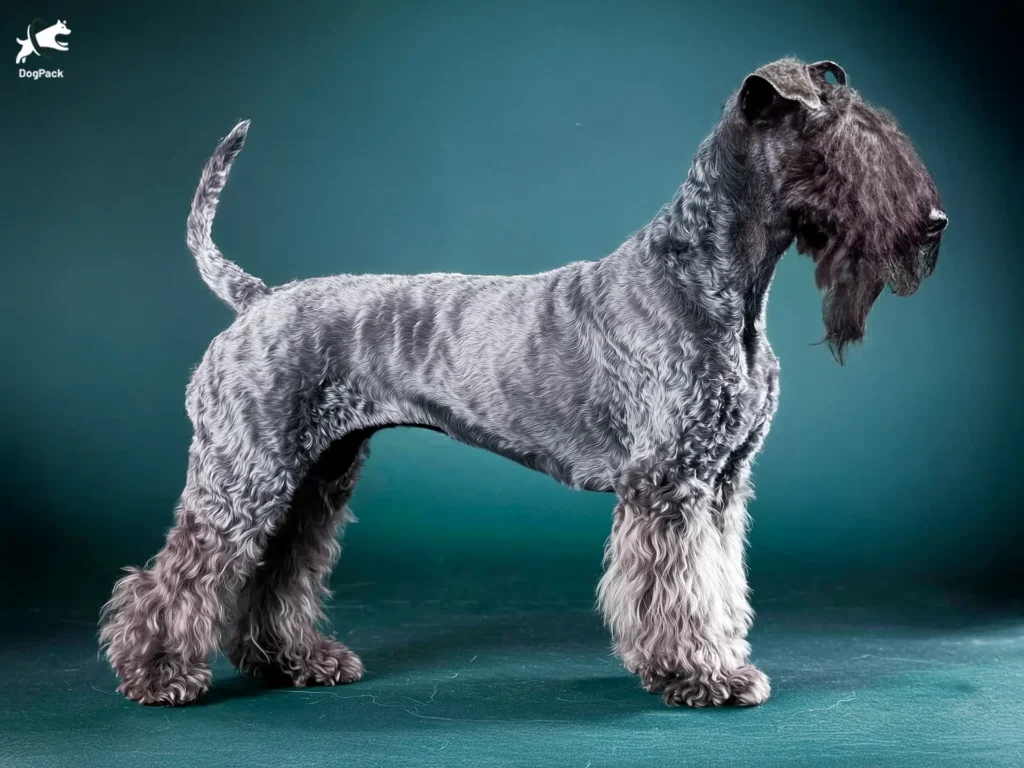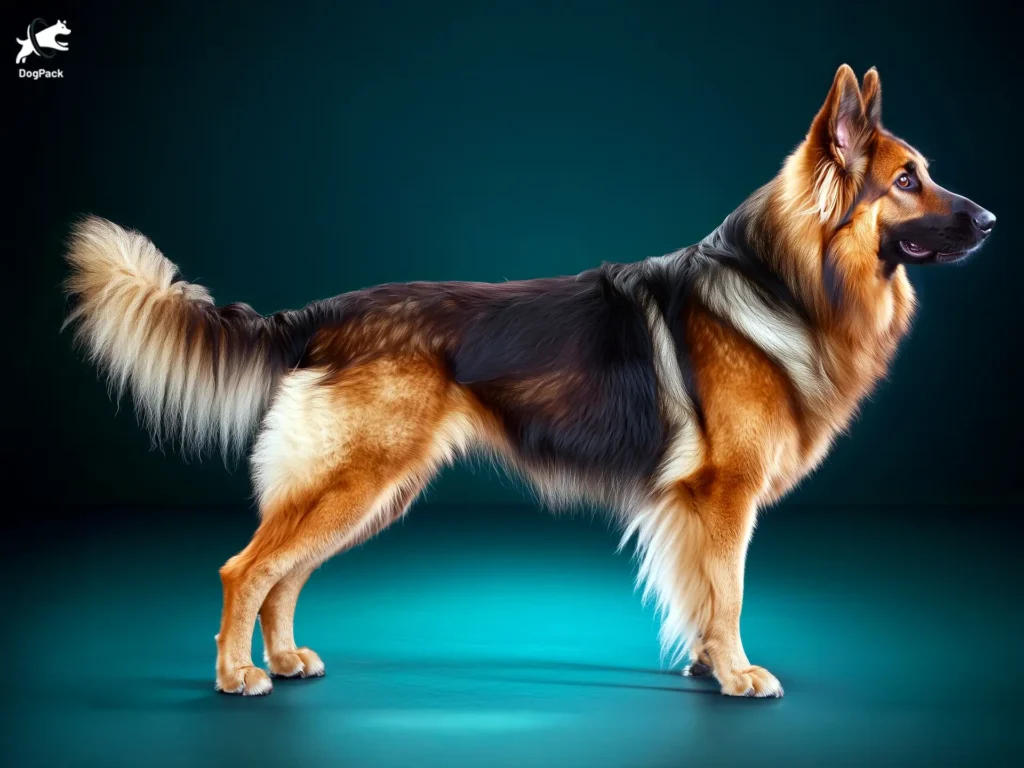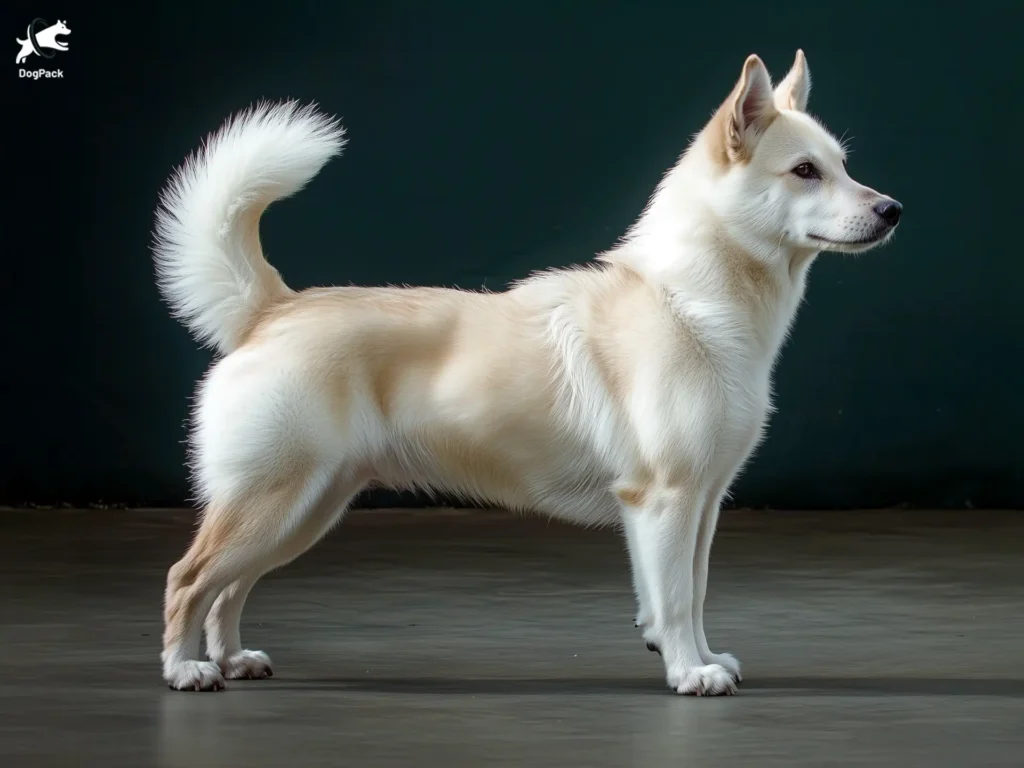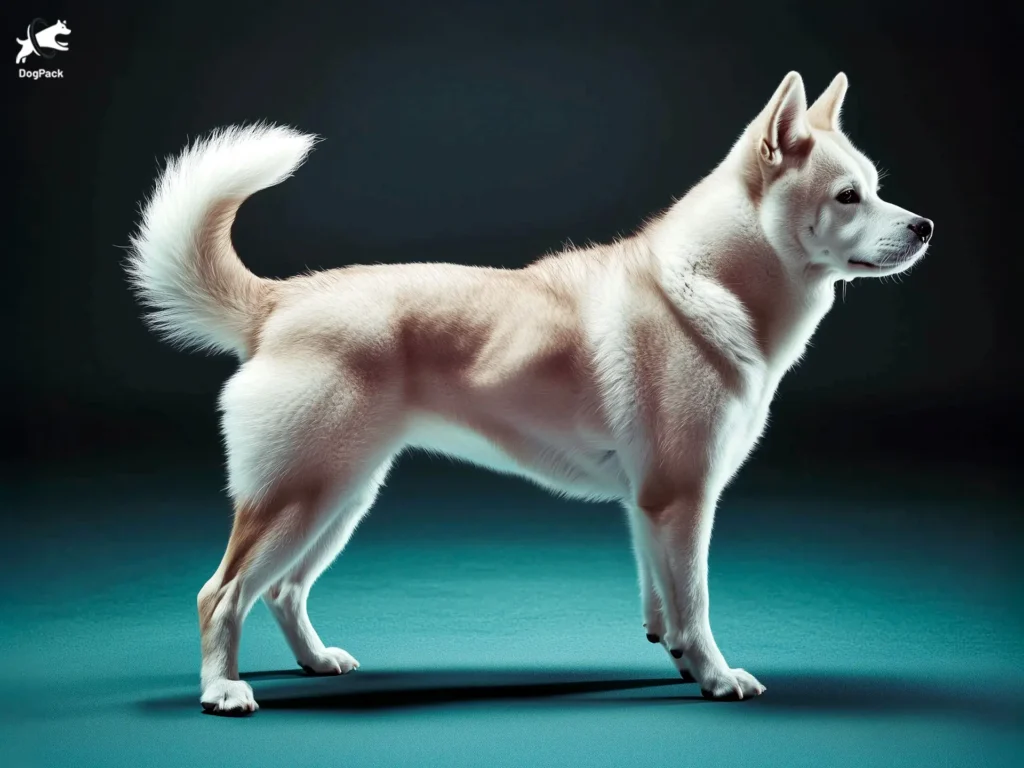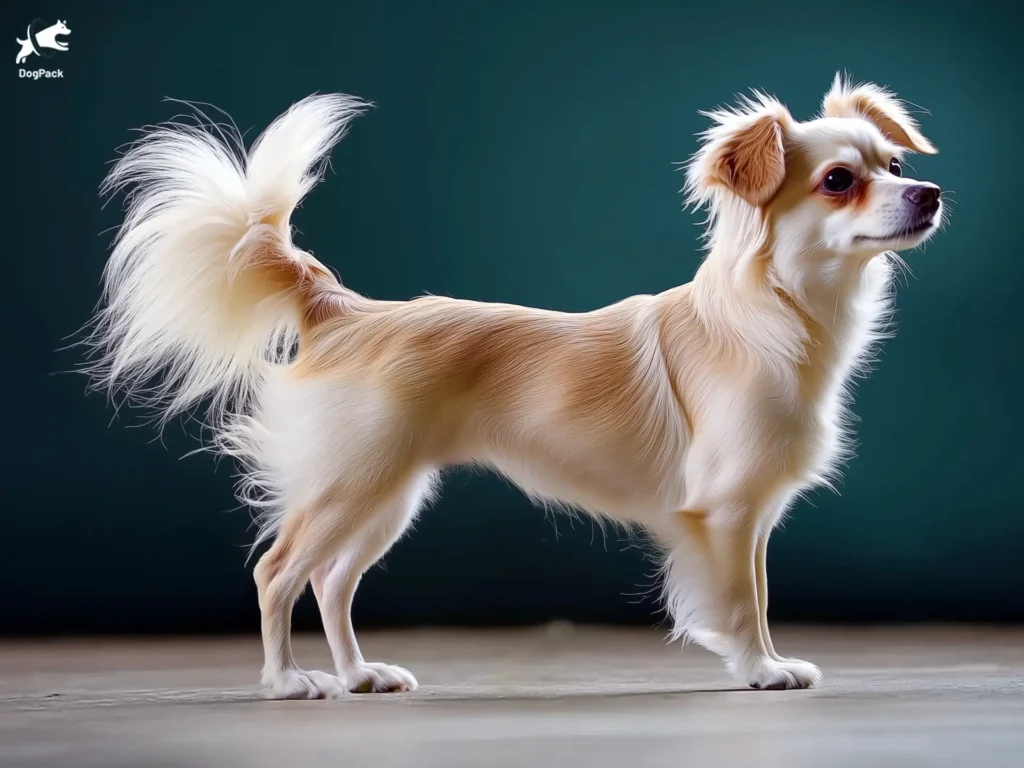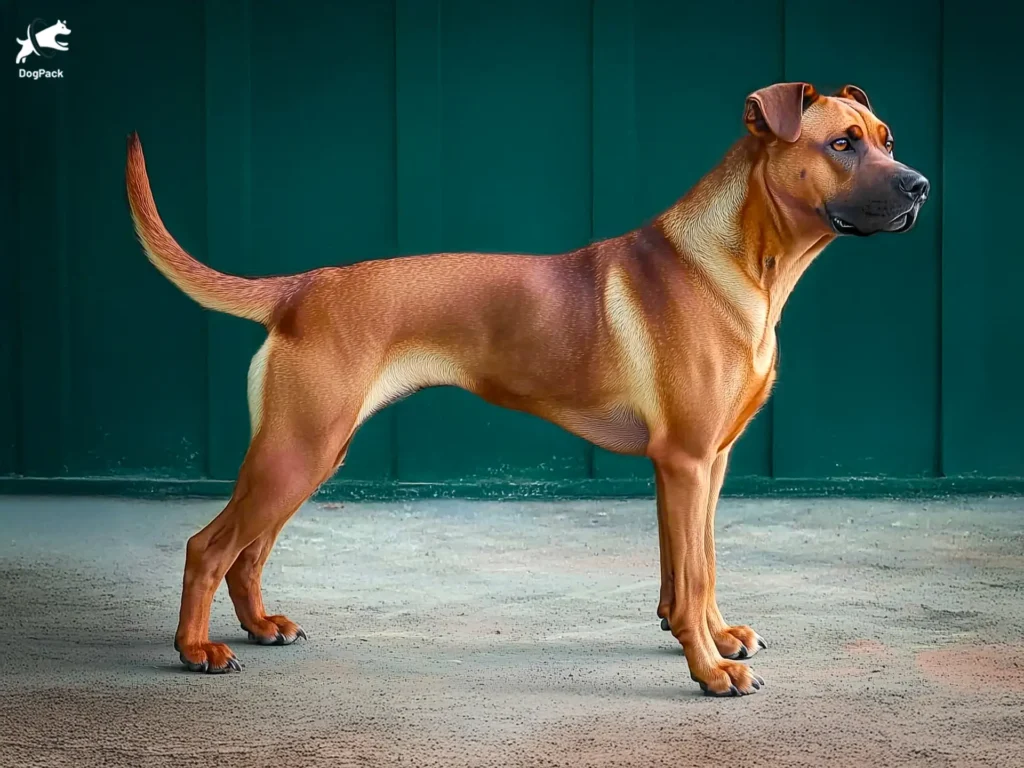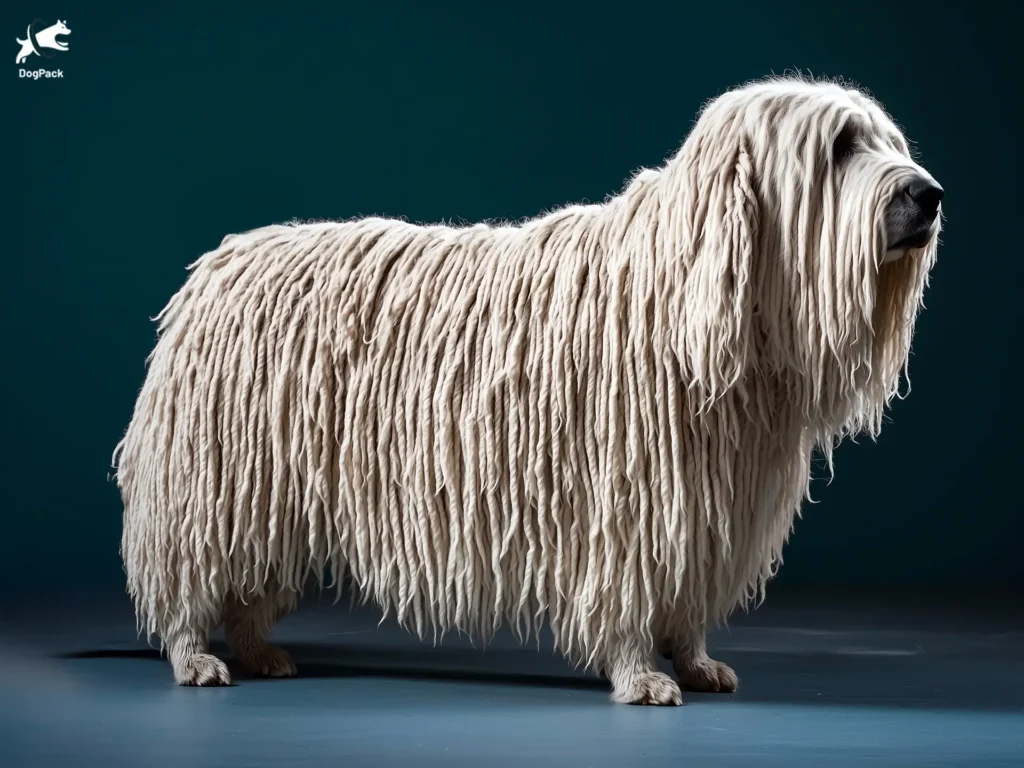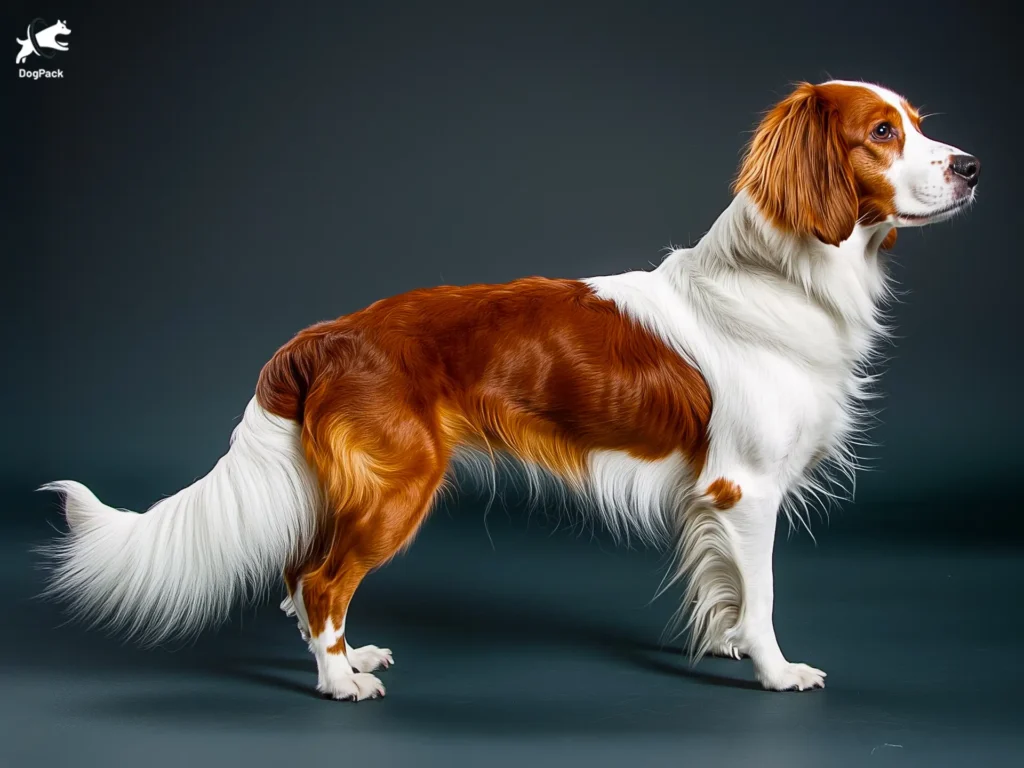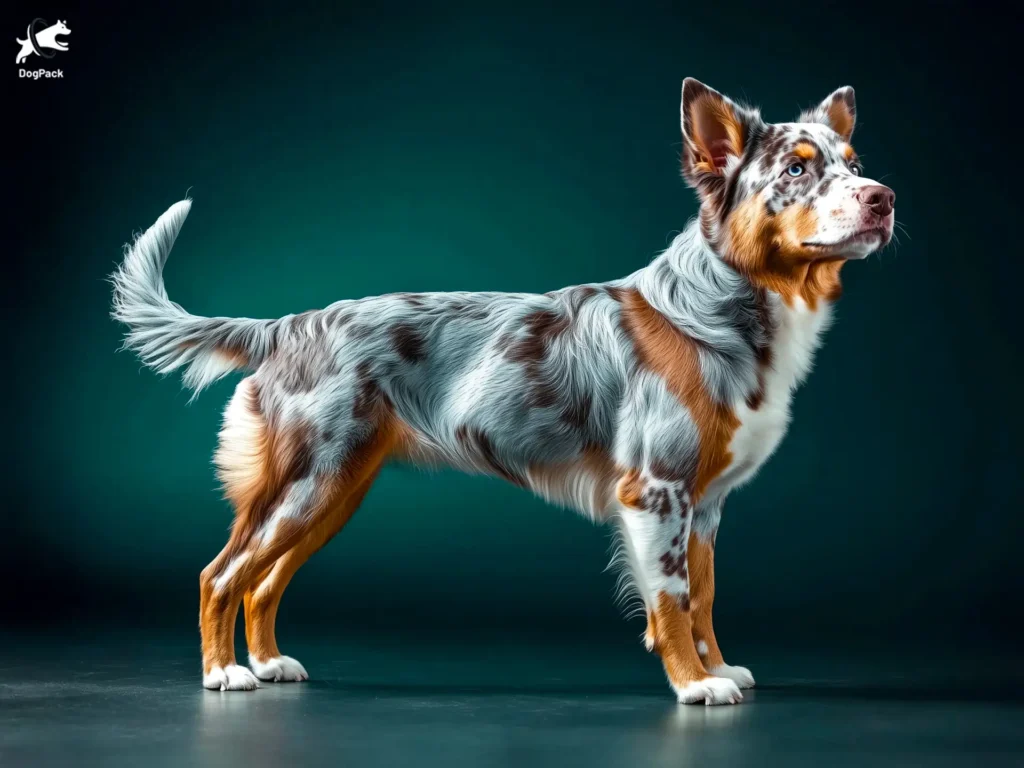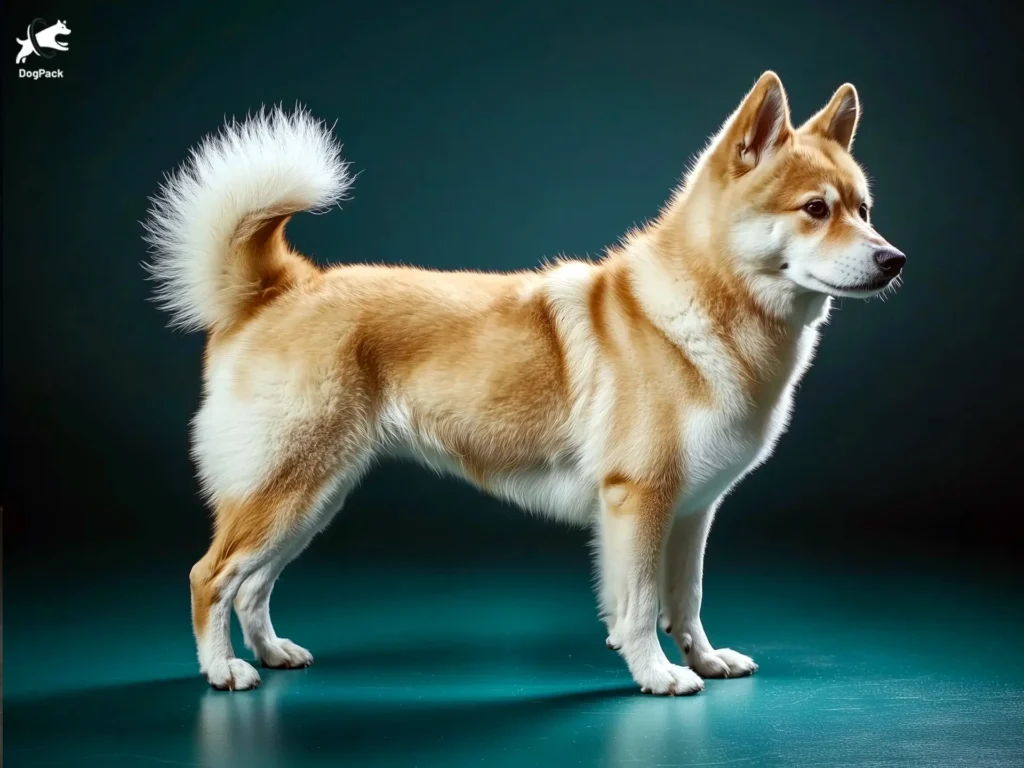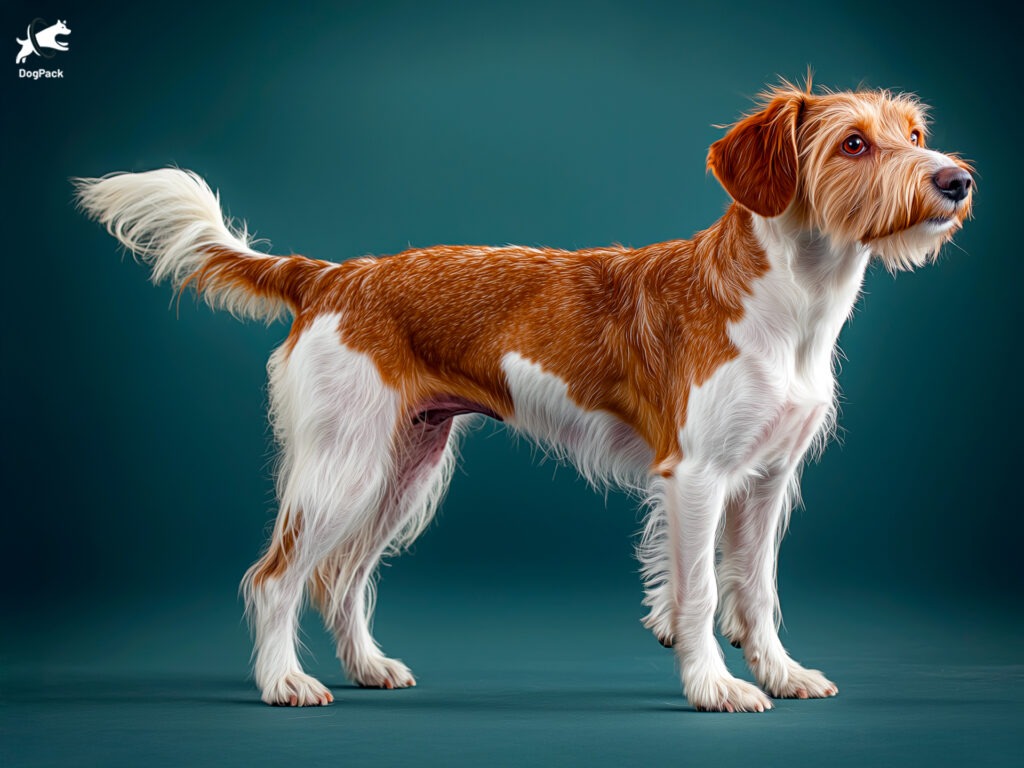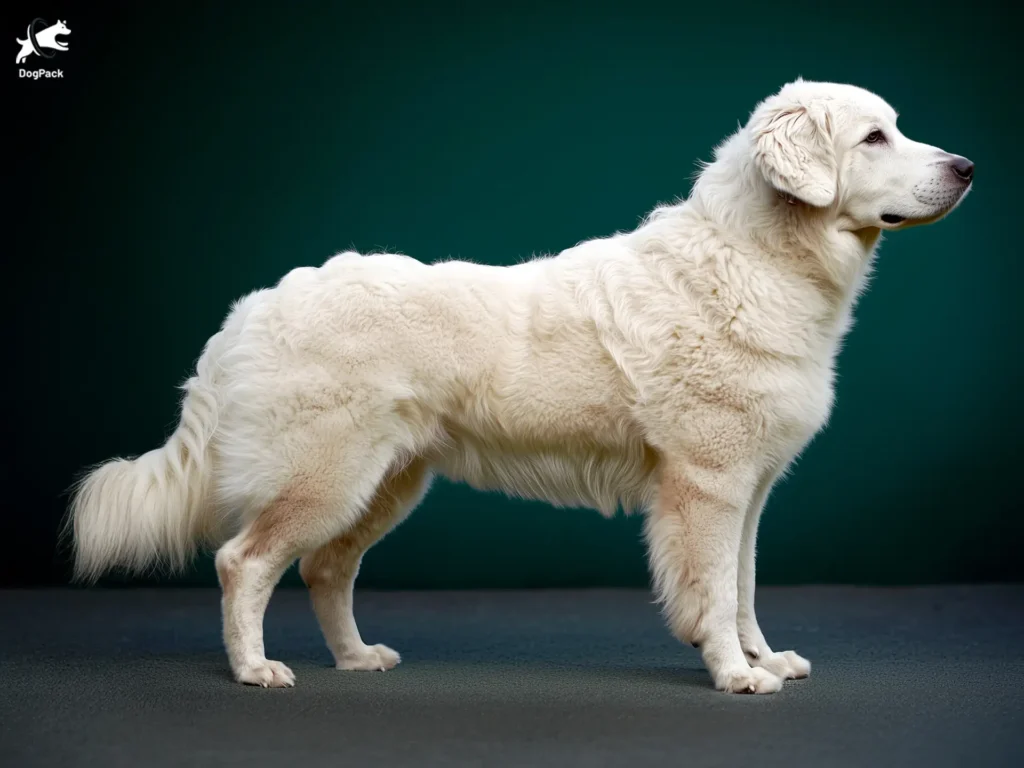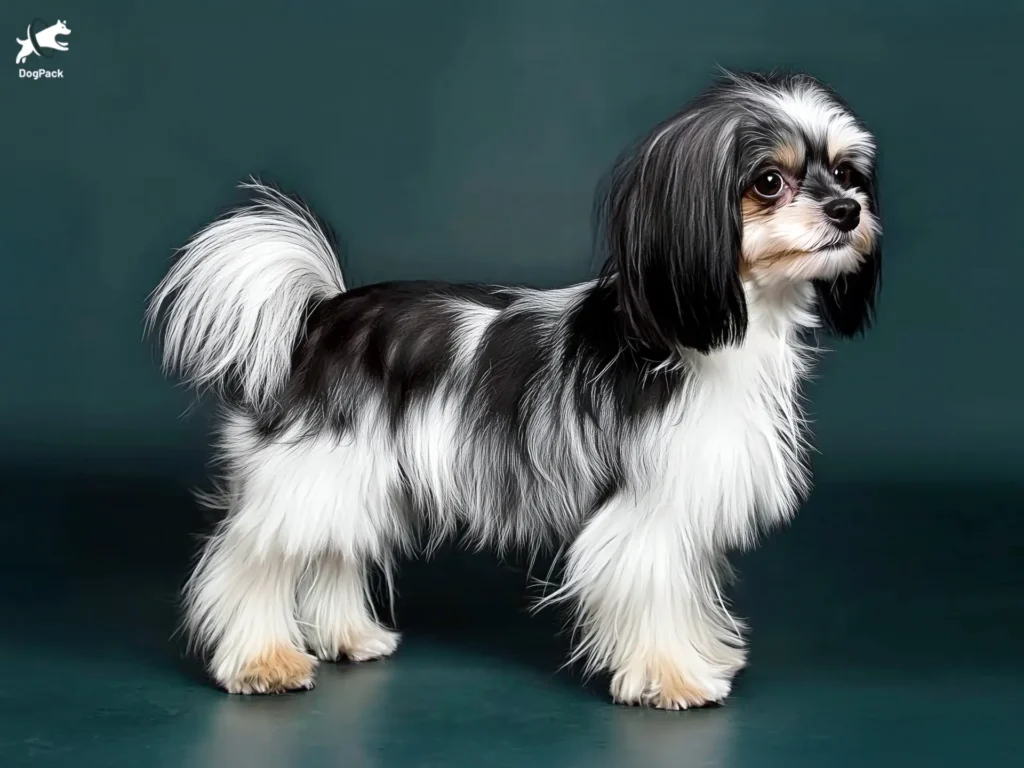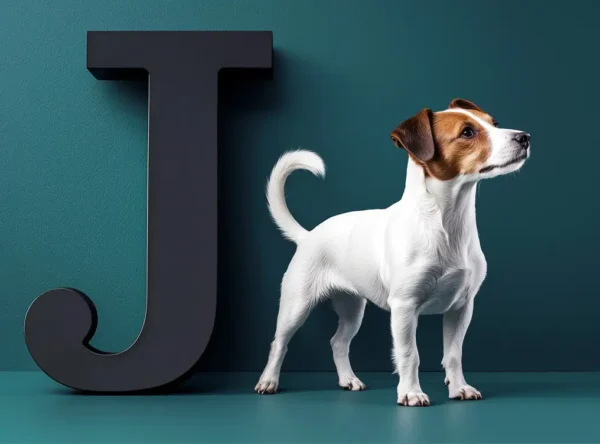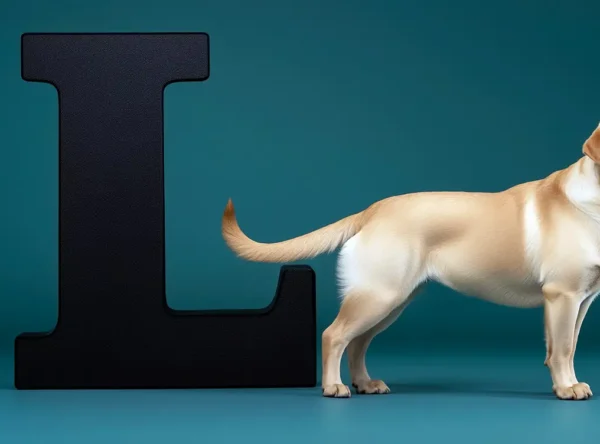All Dog Breeds / Dog Breeds That Start With K
Dog Breeds That Start With K
Dog breeds that start with K range from elegant spitz companions to ancient livestock guardians. This list features every K-named dog breed in our directory—purebreds, designer hybrids, and regional working dogs. From the dignified Keeshond to the powerful Kangal Shepherd, each profile includes photos, traits, grooming needs, and lifestyle compatibility. Whether you live in a small apartment or on open land, you’ll find helpful insights into size, shedding, energy levels, and temperament. Scroll through all breeds below or use filters to refine your search. If your dream dog’s name starts with K, you’ll find it here.
All Dog Breeds That Start With K
Most Popular K Dog Breeds
These K-named dogs are among the most recognized and searched:
- Keeshond – Fluffy, expressive, and great with families
- Kangal Shepherd Dog – Powerful guardian with calm confidence
- Karelian Bear Dog – Fearless Nordic hunter with strong instincts
- Kerry Blue Terrier – Elegant, hypoallergenic working terrier
- Kai Ken – Rare Japanese breed with brindle coat and loyalty
Rare or Lesser-Known K Breeds
These rare K breeds are known for unique heritage and character:
- Karelian Bear Dog – Finnish breed with strong hunting instincts
- Kai Ken – One of Japan’s rarest native breeds, intelligent and loyal
- Kintamani – Bali’s only native breed, alert and independent
- Kromfohrländer – German companion breed, little-known outside Europe
- Koolie – Australian working dog with high drive and agility
Purebred vs Hybrid Dog Breeds That Start With K
Purebred K Breeds: Keeshond, Kangal Shepherd, Kai Ken, Karelian Bear Dog, Kerry Blue Terrier
Hybrid K Breeds: Korgi (Keeshond × Corgi), Kerry Beagle Mixes, Keeshdoodle (Keeshond × Poodle)
Purebreds follow recognized breed standards. Designer mixes aim for friendly temperaments, unique looks, or lower-shedding coats.
Which K Breed Matches Your Lifestyle?
| Goal | K Dog Breeds to Explore |
|---|---|
| Calm and protective | Kangal Shepherd Dog, Keeshond |
| Hypoallergenic coat | Kerry Blue Terrier, Keeshdoodle |
| Energetic and outdoorsy | Koolie, Karelian Bear Dog, Kai Ken |
| Apartment-friendly fluff | Keeshond, Korgi |
| Rare & unique breeds | Kintamani, Kromfohrländer, Kai Ken |
FAQs About Dog Breeds That Start With K
What are the most popular dog breeds that start with K?
Popular K dog breeds include the Keeshond, Kangal Shepherd, Kerry Blue Terrier, Kai Ken, and Karelian Bear Dog. These breeds range from protective livestock guardians to affectionate family companions, offering a mix of loyalty, intelligence, and purpose-driven temperaments.
Are there small dog breeds that start with K?
Yes. Small to medium K breeds include the Keeshond, Kerry Blue Terrier, and Kromfohrländer. These dogs are often affectionate, people-oriented, and manageable in apartments or smaller homes. They typically need regular grooming and daily exercise to stay happy and balanced.
Which large dog breeds start with the letter K?
Large dog breeds starting with K include the Kangal Shepherd Dog, Karelian Bear Dog, and Koolie. These dogs are strong, focused, and require space, training, and purpose. They thrive with experienced owners who can manage their instinctual guarding or herding drives.
What are some rare dog breeds that start with K?
Rare K breeds include the Kai Ken, Kromfohrländer, Kintamani, Koolie, and Karelian Bear Dog. These dogs are uncommon outside their native regions but are prized for their intelligence, working ability, and deep bonds with committed owners.
Are there hybrid dog breeds that start with K?
Yes. Hybrid K breeds include the Korgi (Keeshond × Corgi), Keeshdoodle (Keeshond × Poodle), and Kerry Blue Terrier mixes. These crossbreeds are often designed to reduce shedding, improve sociability, or create compact versions of larger working breeds.
Which K dog breeds are good for families?
Family-friendly K breeds include the Keeshond, Kerry Blue Terrier, and Kai Ken. These dogs are affectionate, attentive, and bond well with children when socialized early. They do best in homes with daily interaction, gentle training, and a predictable routine.

